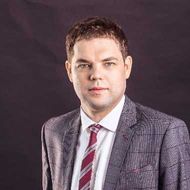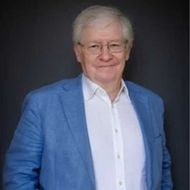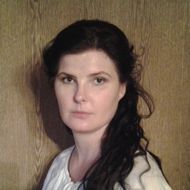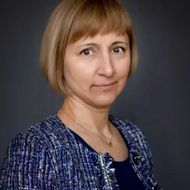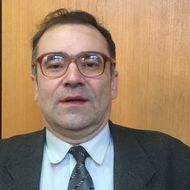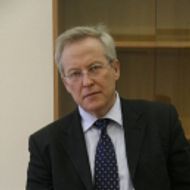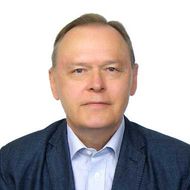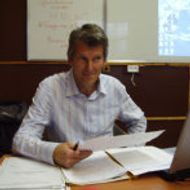- A
- A
- A
- ABC
- ABC
- ABC
- А
- А
- А
- А
- А
- HSE University
- Faculties
- Faculty of World Economy and International Affairs
- School of World Economy
- News
- Leonid M. Grigoryev and Dzhanneta D. Medzhidova prepared an analytical review “EU Energy Markets: Chilly Autumn 2022” for “InfoTEK”
-
The School
17/1 Malaya Ordynka Str., Moscow, 119017
Phone: +7(495)772-95-90*22237
Email: wec@hse.ru
 The Multilateralism of the New Development Bank on the Sustainable Economic Growth in BRICS Nations and Beyond
The Multilateralism of the New Development Bank on the Sustainable Economic Growth in BRICS Nations and Beyond
Morozkina A., Grigoryev L. M., Gaspardo M. et al.
Emerald Group Publishing Ltd., 2025.
Frontiers in Political Science. 2025. Vol. 7.
Leonid Grigoryev, Morozkina A.
In bk.: The Multilateralism of the New Development Bank on the Sustainable Economic Growth in BRICS Nations and Beyond. Emerald Group Publishing Ltd., 2025. Ch. 6. P. 83-101.
Yakovlev A. A., Freinkman L., Ershova N. V. et al.
QoG Working Paper Series. 2023:19. University of Gothenburg, 2023. No. 19.

Leonid M. Grigoryev and Dzhanneta D. Medzhidova prepared an analytical review “EU Energy Markets: Chilly Autumn 2022” for “InfoTEK”
In 2022, a new energy crisis erupted in the EU amid slowing growth, accelerating inflation, tightening financial markets and higher rates, as well as heightened geopolitical tensions with key fossil fuel supplier Russia. The current tensions have come to a head with the blowing up of the ownership of two European consortiums with a large stake in Gazprom, namely the two Nord Streams.
Obviously, the coming winter will be a great economic and social test for Europe, a test of the effectiveness of management in the EU in general and the management of gas flows from ports and UGS facilities to consumers in particular.
You can read more about the review at the link.
- About
- About
- Key Figures & Facts
- Sustainability at HSE University
- Faculties & Departments
- International Partnerships
- Faculty & Staff
- HSE Buildings
- HSE University for Persons with Disabilities
- Public Enquiries
- Studies
- Admissions
- Programme Catalogue
- Undergraduate
- Graduate
- Exchange Programmes
- Summer Schools
- Semester in Moscow
- Business Internship
- © HSE University 1993–2025 Contacts Copyright Privacy Policy Site Map
- Edit
